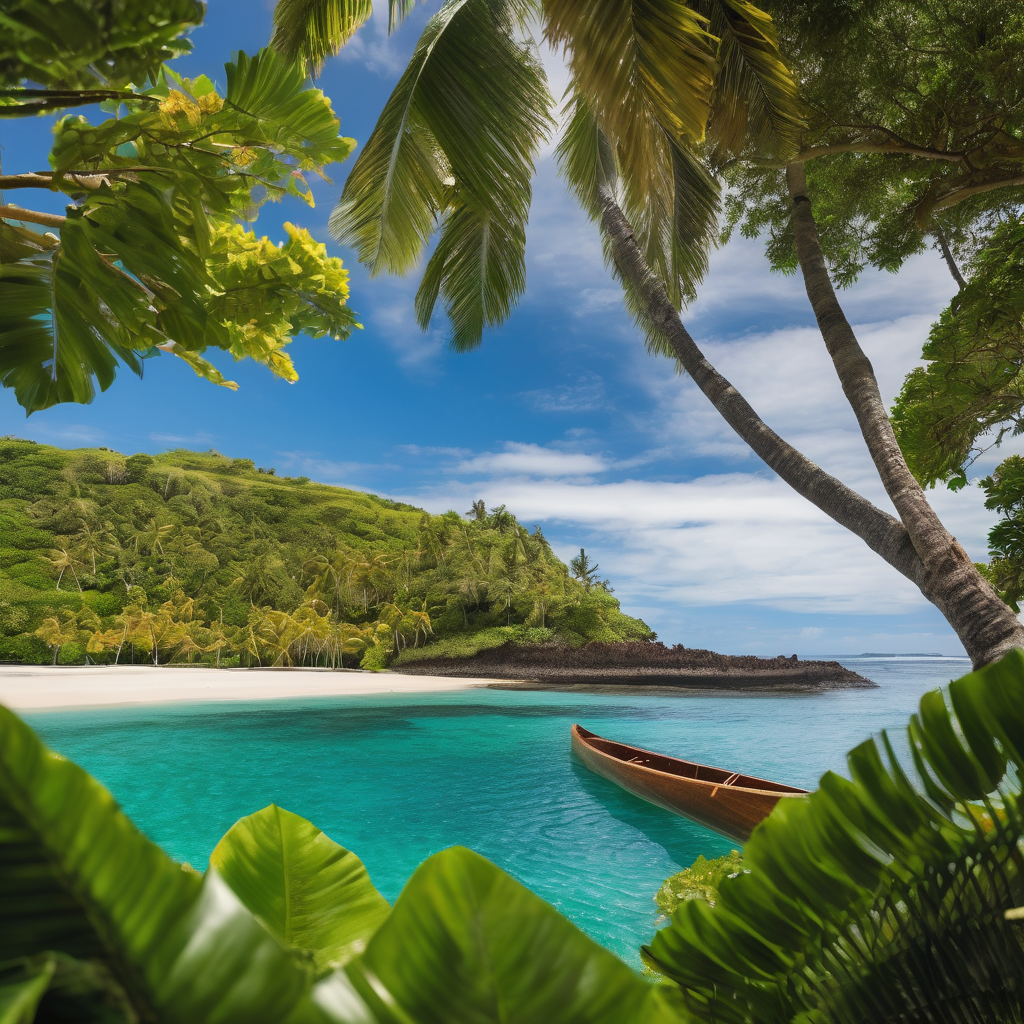A comprehensive inspection of development activities took place at Laucala Island Resort last month to ensure adherence to Fiji’s environmental and resource management regulations. Spearheaded by Dr. Sivendra Michael, the Permanent Secretary for Environment, the inspection team consisted of officials from various ministries, including Environment, Lands, Local Government, and Fisheries.
The collaborative effort was aimed at reinforcing the commitment to sustainable development and ecosystem protection throughout Fiji’s islands. Dr. Michael emphasized the importance of such inspections in safeguarding the delicate ecological balance and enhancing responsible investment in the tourism sector.
During the inspection, the team evaluated current development practices and compliance with permit conditions, while also identifying areas that may need corrective oversight. The focus was on protecting fragile ecosystems and marine resources to ensure tourism development aligns with environmental sustainability goals.
This initiative reflects the Fiji government’s ongoing efforts to balance economic growth with environmental stewardship. The Ministry of Fisheries has been a strong advocate for coordinated efforts that enhance marine ecosystem protection while fostering responsible tourism investments. This commitment is especially significant as the government aims to uphold and monitor sustainable practices in island development projects.
Similar initiatives have been highlighted by recent tours conducted by Tourism Minister Viliame Gavoka in the Yasawa Islands, where sustainable tourism practices are promoted in alignment with the National Sustainable Tourism Framework and the National Development Plan. Minister Gavoka’s focus on enhancing transportation infrastructure, such as developing airports in remote regions, further complements these environmental efforts by increasing access while safeguarding Fiji’s rich biodiversity.
The inspection on Laucala Island sets a critical precedent for future oversight in tourism-related development projects across the islands, ensuring that environmental considerations remain at the forefront of Fiji’s strategies for growth. The collaborative approach taken by government agencies not only fosters inter-agency cooperation but also emphasizes the necessity of community involvement in sustainable tourism initiatives.
In conclusion, Fiji’s commitment to integrating responsible development practices within its tourism sector provides a hopeful outlook for the future, where both the economy and the environment can thrive together. This balanced approach holds promise for sustainable growth, benefiting local communities while preserving the natural beauty that attracts visitors to the islands.
